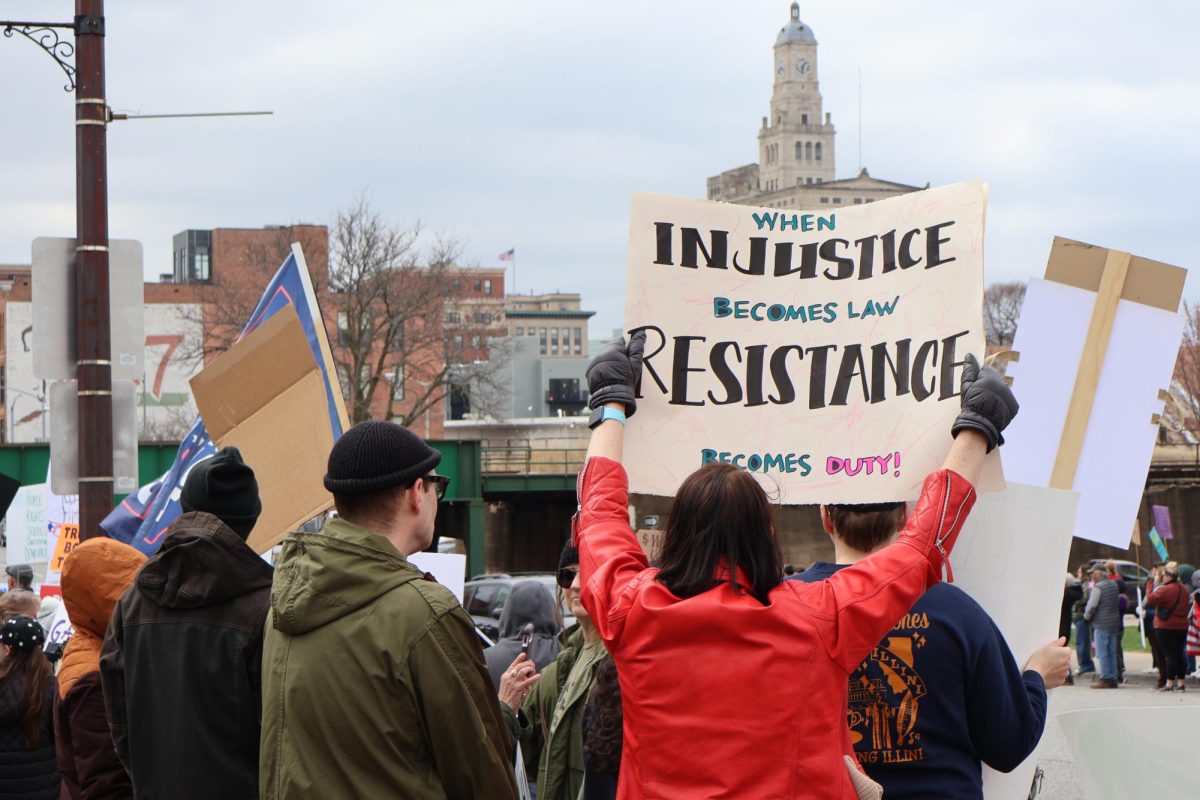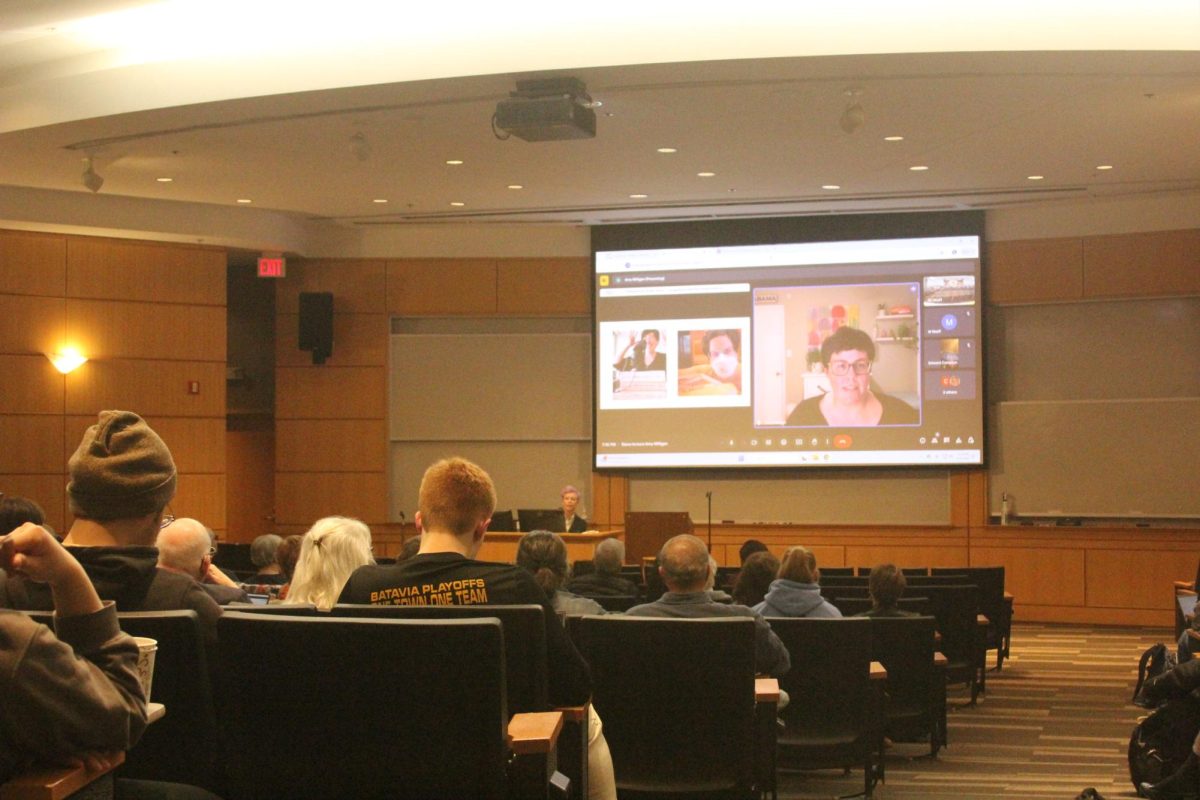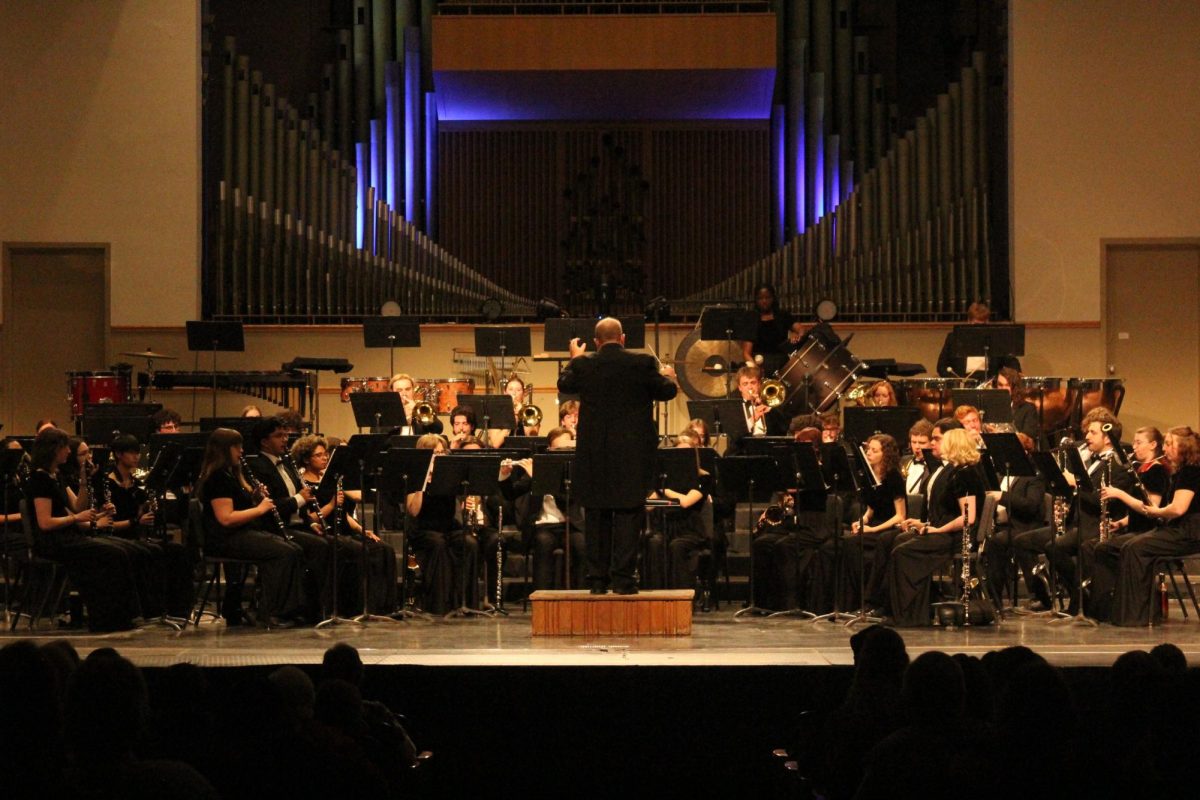Class participation: Easy points or unfair?
October 15, 2022
Augustana students are used to reading through their syllabi and noticing that a percentage of their grade is based on participation in some form. While these points may come across as easy to obtain through contributing to class discussions, quieter and less confident students are disadvantaged by the current expectations for participation in classes.
Every class is composed of both students that are outspoken and those who are more introverted. While students who raise their hands to answer professors’ questions generally contribute positively to class discussion, the other students who may not speak as much during class have great ideas but are too intimidated to share them. While expectations vary from class to class, there is a general consensus that “participation” involves discussion whether in groups or the whole class.
Introverted students and those who take longer to process information are being overshadowed by their peers in contributing to class discussions and other participation opportunities. These students’ grades may suffer if their scores are low, making participation in Augustana classrooms a complex situation.
In an interview with Donna Hare, an assistant professor of Communication Studies at Augustana, Hare said that participation means “being 100 percent engaged in what’s happening in the classroom,” and thinks that participation helps students to overcome anxieties associated with communication. Hare believes that by encouraging students to participate frequently in class, it is easier for them to talk in small group discussions as well as in front of the class.
Hare also emphasizes that a benefit of participating in class is developing a stronger connection with the professor.
“They know what you’re struggling with or what you’re already mastering,” Hare said.
This benefit also applies to classroom peers as there is a broad range of perspectives discussed and students can learn to understand each other better.
While I have noticed that class participation has afforded me the benefits discussed by Hare, I believe that the way participation grades are determined by professors creates an unfair advantage to more outspoken students. I have never struggled to raise my hand and answer questions posed by my professors, which has led to some great relationships with them. Even though I am able to make these connections and contribute to small group activities, I have noticed several classmates even in my small groups that hold back and don’t share as much as extroverted students like myself.
While professors are allowed to use their discretion when determining what counts as participation and what doesn’t in their classrooms, I believe the criteria used should be more transparent on the syllabi. I believe that a way in which professors could make participation more equitable between different students’ comfort levels and abilities could be to base it off of any engagement with the class material. The traditional form of raising one’s hand or speaking in small groups can still count as engagement, but radical changes, such as grading active note-taking and listening as participation, are unlikely to be adopted by professors.
A more realistic approach to encouraging all students to participate is using techniques such as think-pair-share. According to Hare, when posing a question and giving people time to think, it is more likely that all students can process the question and formulate their answers. By pairing with somebody to share their ideas, students get that initial validation and confidence of putting their voice out there. Hare then hopes that when it comes time to share, it will be somebody other than the stronger voices in the class.
Whether professors decide to change their grading methods for participation or not, there is no doubt that there are students who are able to participate in class more than others. These students have the benefit of a better grade for their efforts as well as establishing connections with their professors and peers. By being more lenient in what is considered participation, professors allow students who are frequently overshadowed to find their voice and their place in the classroom.



































































































